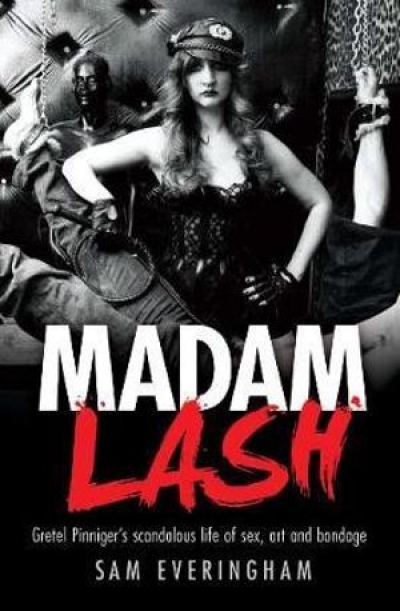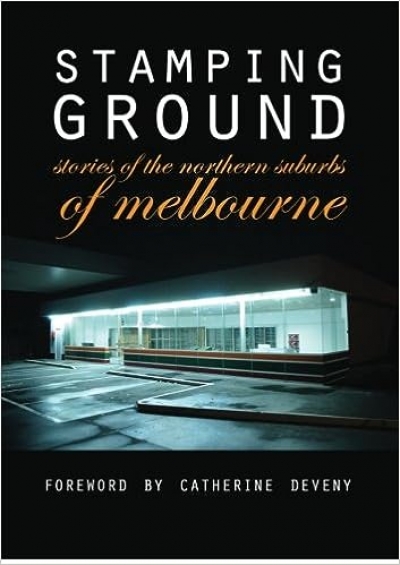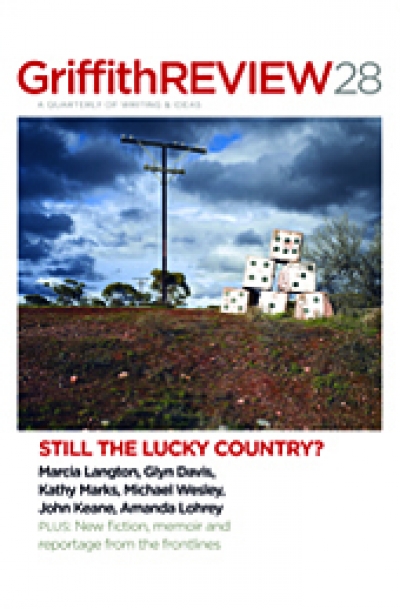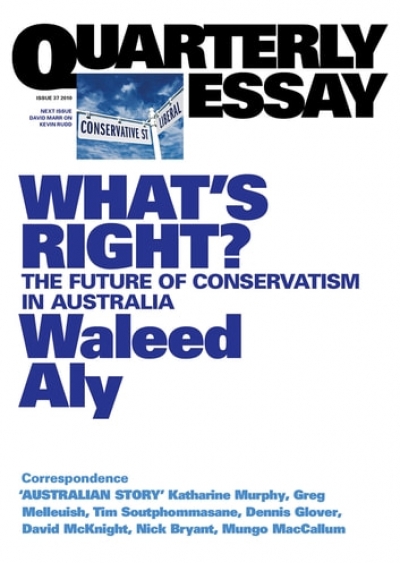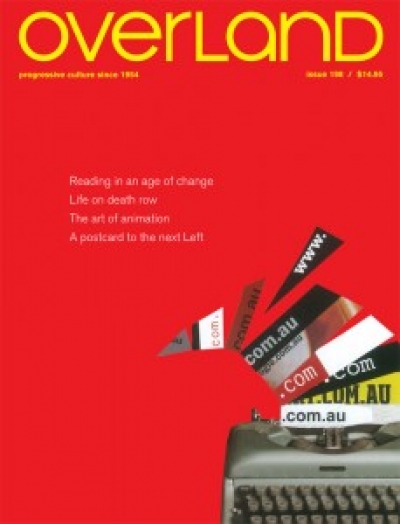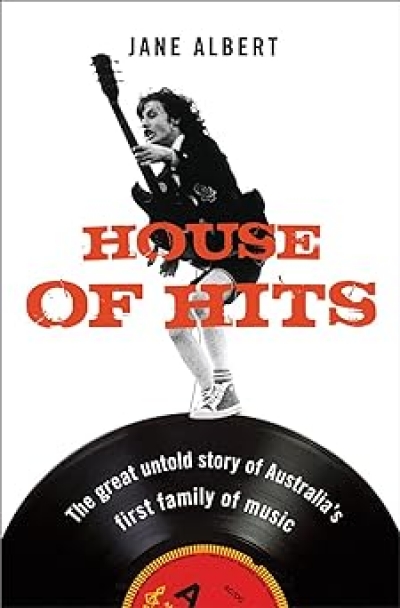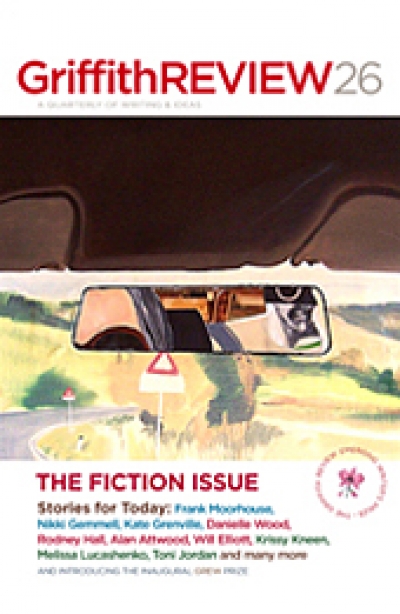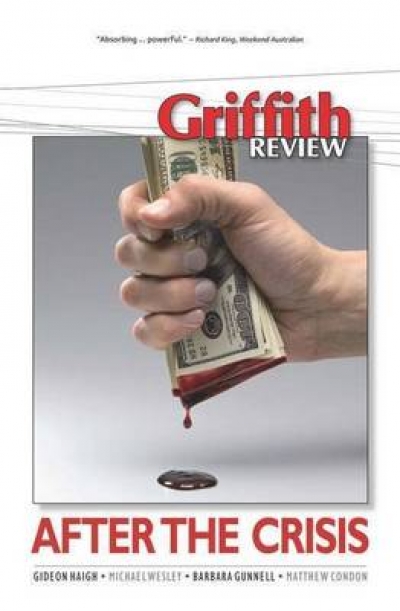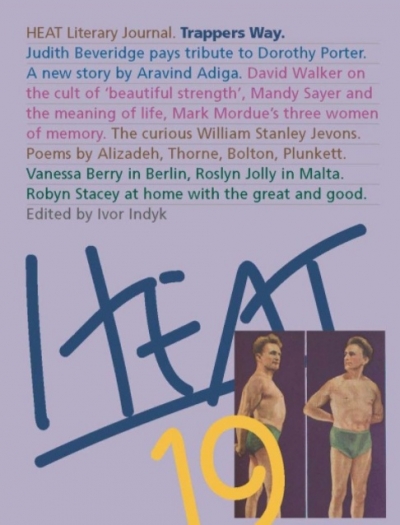Jay Daniel Thompson
Madam Lash: Gretel Pinniger’s scandalous life of sex, art and bondage by Sam Everingham
by Jay Daniel Thompson •
Stamping Ground: Stories Of The Northern Suburbs Of Melbourne edited by Gordon Thompson
by Jay Daniel Thompson •
Griffith Review 28: Still the Lucky Country? edited by Julianne Schultz
by Jay Daniel Thompson •
What’s Right? The future of conservatism in Australia (Quarterly Essay 37) by Waleed Aly
by Jay Daniel Thompson •
Griffith Review 26: The Fiction Issue edited by Julianne Schultz
by Jay Daniel Thompson •
Griffith Review 25: After the crisis edited by Julianne Schultz
by Jay Daniel Thompson •

